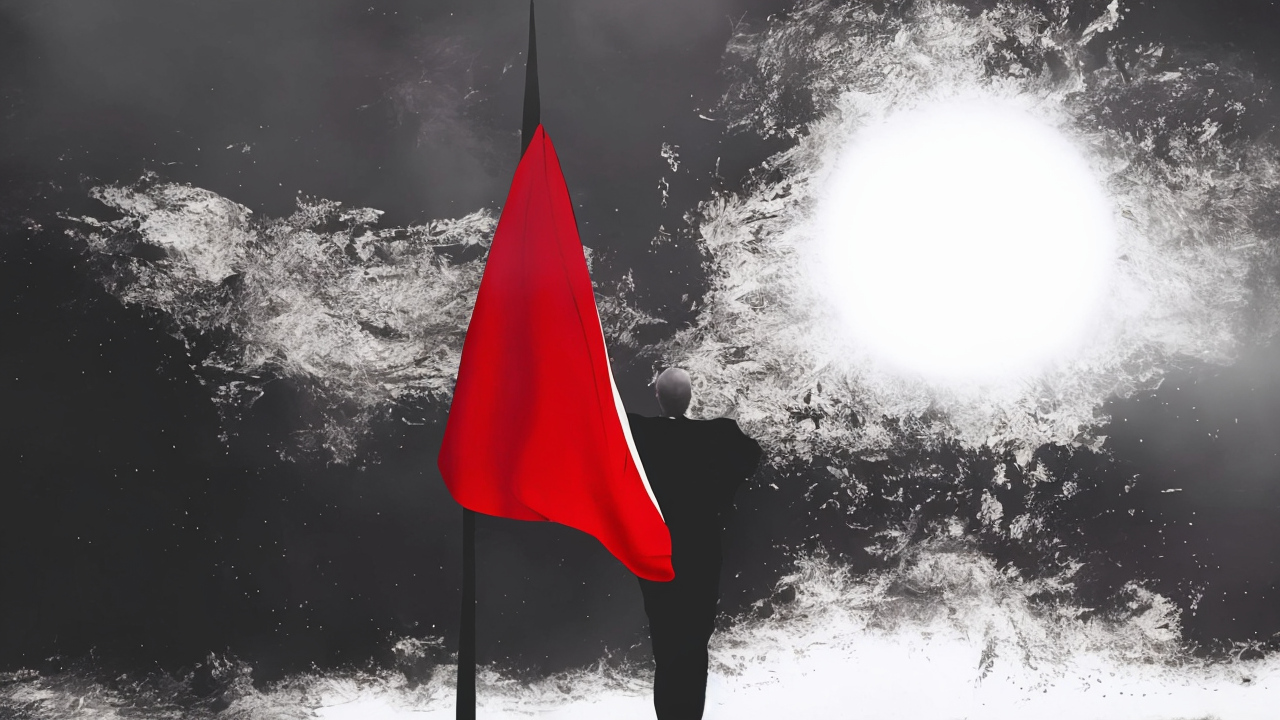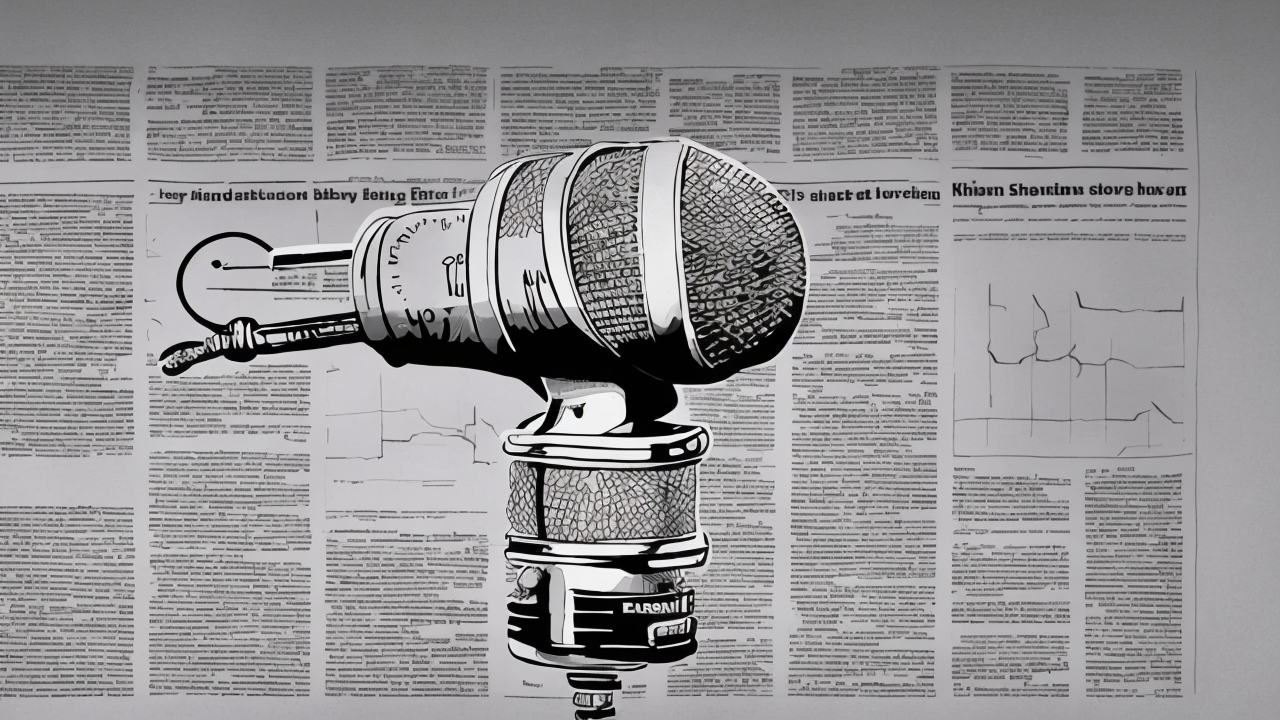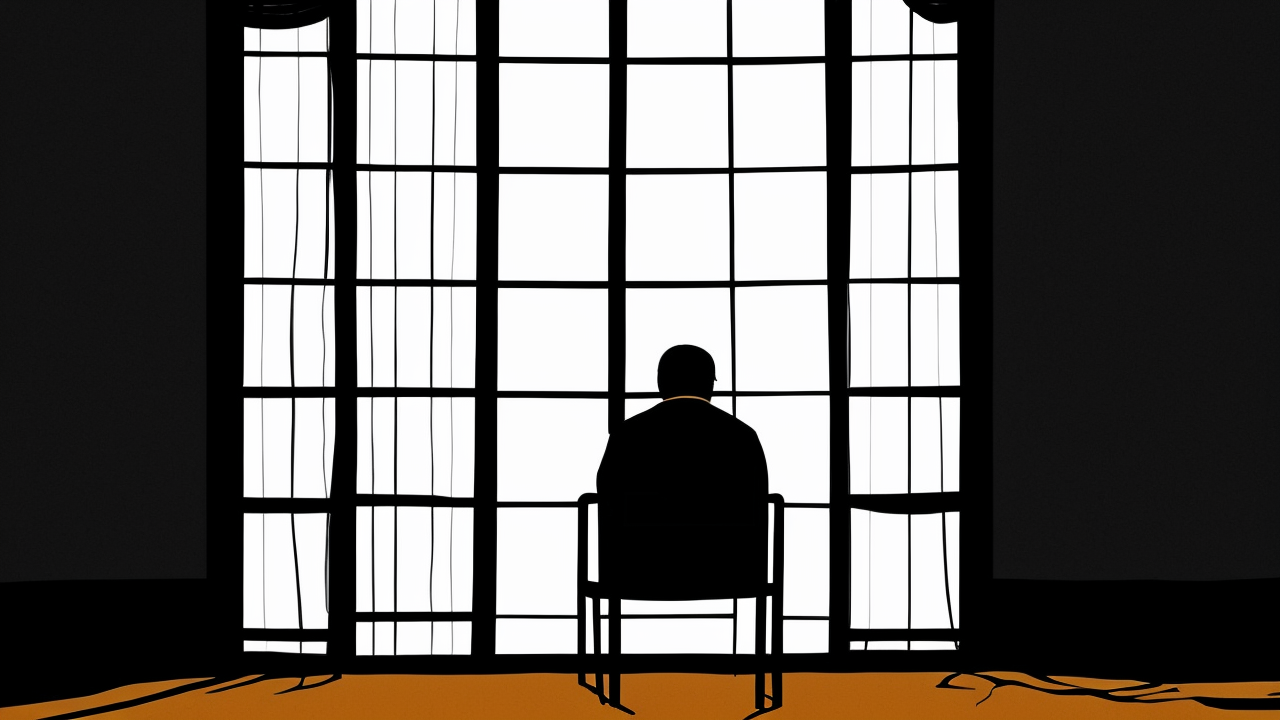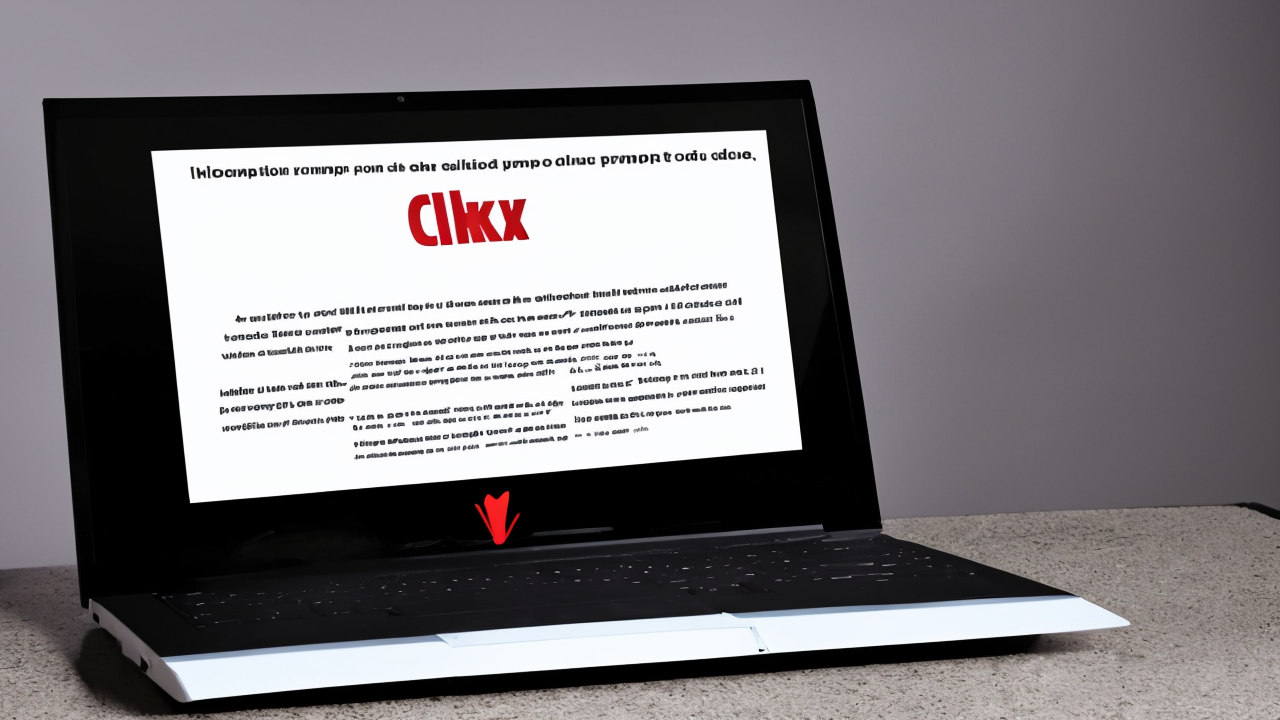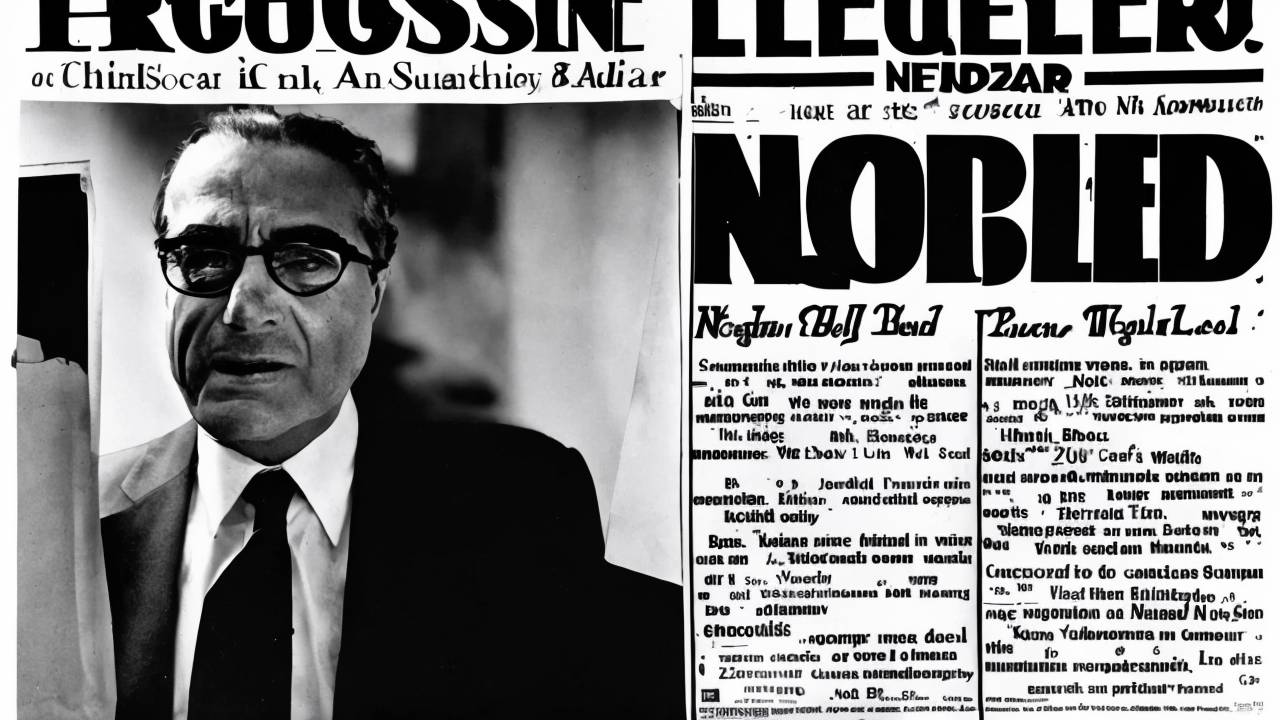Zohran Mamdani’s Controversial Rise to New York City Mayor Exposes Media Bias
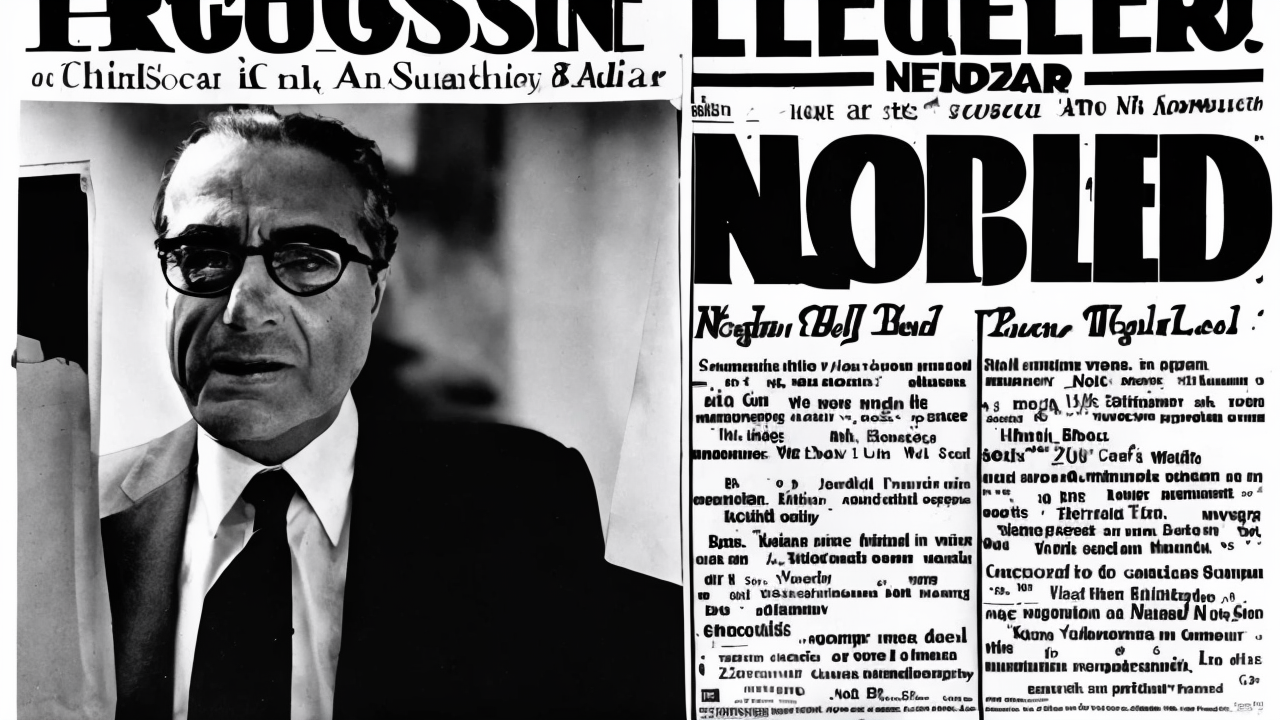
Zohran Mamdani’s election as mayor of New York City has sparked serious questions about the standards we hold our public officials to. While his campaign emphasized promises of expanded services and economic reform, his past statements and ideological leanings reveal a deeper concern—one that goes beyond policy and touches on the principles of decency, accountability, and national unity.
Mamdani’s campaign was marked by rhetoric that many found troubling. He has repeatedly defended the slogan “globalize the intifada,” a phrase associated with calls for violence against Jewish communities worldwide. He has described Israel as an “apartheid” state and claimed the United States supports “genocide.” These are not abstract political disagreements. They are statements that, when repeated by a candidate for high office, carry real weight. They send a message about who is seen as worthy of protection and who is not.
Yet, despite these remarks, the media response has been largely muted. Coverage focused on his proposals for free public transit and universal childcare—policies that sound appealing on the surface. But when we look beyond the slogans, we see a pattern: a leader who advances a narrow ideological agenda while avoiding clear moral judgments on deeply divisive issues. His selective application of the BDS movement—targeting Israel while ignoring human rights abuses in other nations—reveals a bias that undermines the very idea of impartial justice.
The fiscal implications of his platform are also worth considering. New York City already faces mounting debt, rising crime rates, and a shrinking population. Introducing sweeping new programs without a clear plan for funding risks pushing the city deeper into financial instability. Working families and small business owners, who already carry the heaviest tax burdens, will be the ones to pay the price. Progress should not come at the cost of long-term sustainability.
More importantly, leadership requires more than policy proposals—it demands character. A public official must be able to uphold shared values, protect the rights of all citizens, and condemn hate in all its forms. When a candidate refuses to disavow antisemitic rhetoric, even when pressed, it raises doubts about their ability to serve everyone equally. A city as diverse and interconnected as New York cannot afford leaders who divide rather than unite.
The media’s role in this moment is equally important. By focusing on progressive ideals while downplaying troubling statements, news organizations risk becoming part of the problem. Their duty is not to champion one side, but to inform the public with honesty and balance. When extremism is allowed to go unchallenged in the name of political neutrality, it erodes trust in institutions and weakens civic life.
This is not about political labels. It is about the kind of society we want to live in. Do we value truth over ideology? Do we believe in protecting the vulnerable, regardless of background? Do we expect our leaders to uphold common standards of decency and fairness?
Mamdani’s rise should serve as a reminder that leadership is not earned by appealing to a base or advancing popular slogans. It is earned through integrity, responsibility, and a commitment to the common good. As New York City moves forward, it will need leaders who can unite, not divide—whose policies are rooted in reality, not ideology. The future of our cities, our communities, and our shared values depends on it.
Published: 11/11/2025


